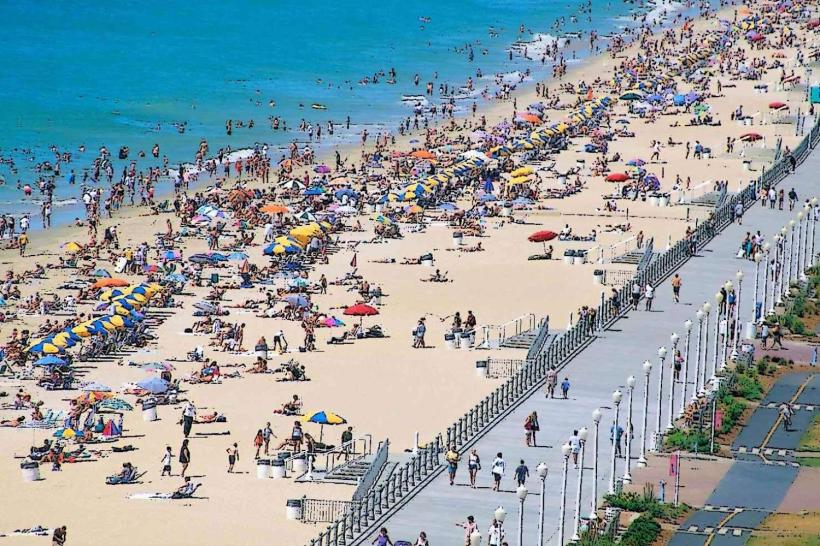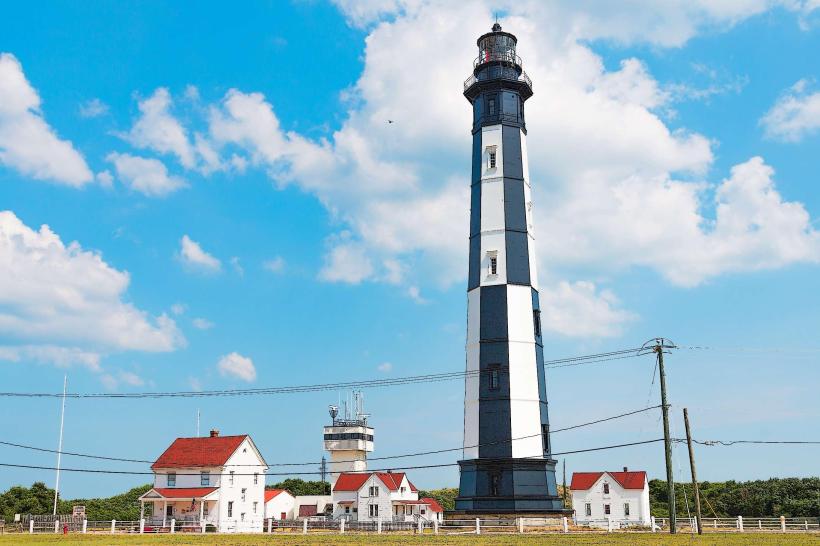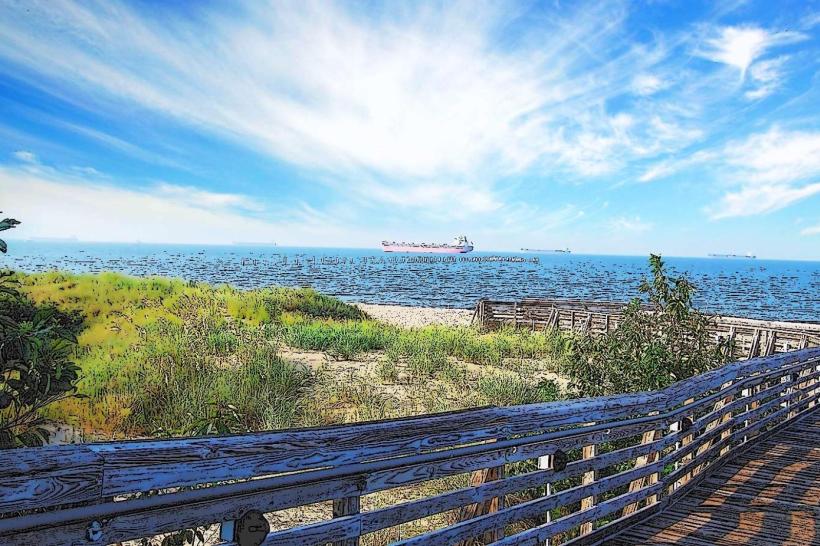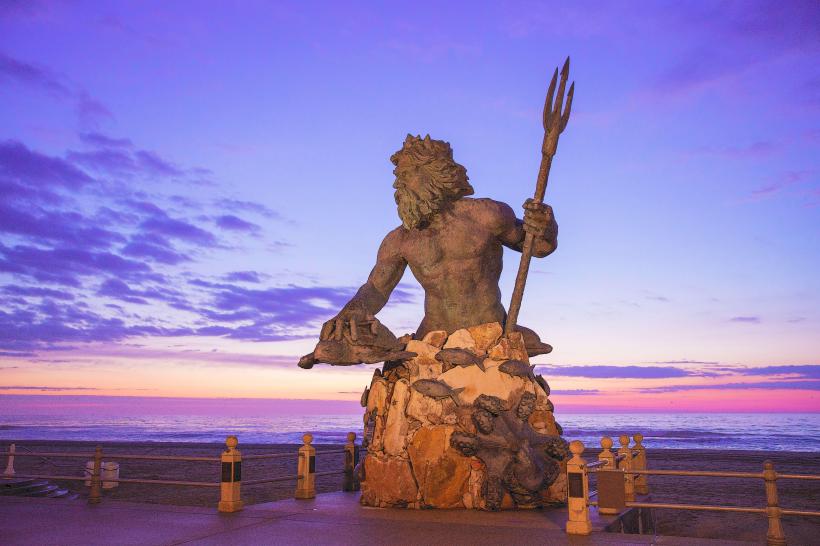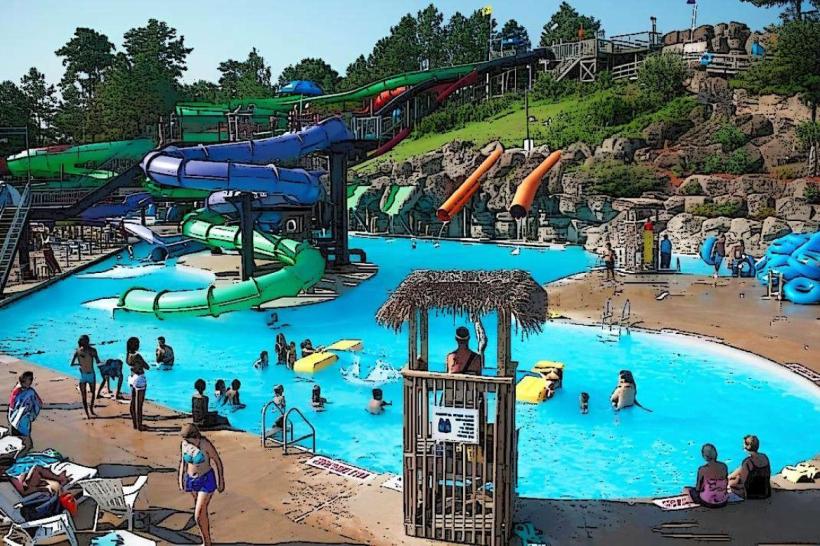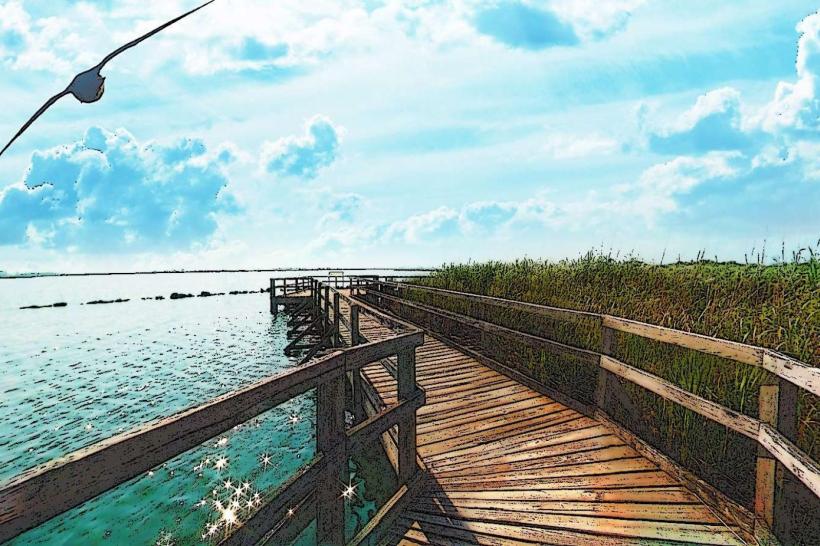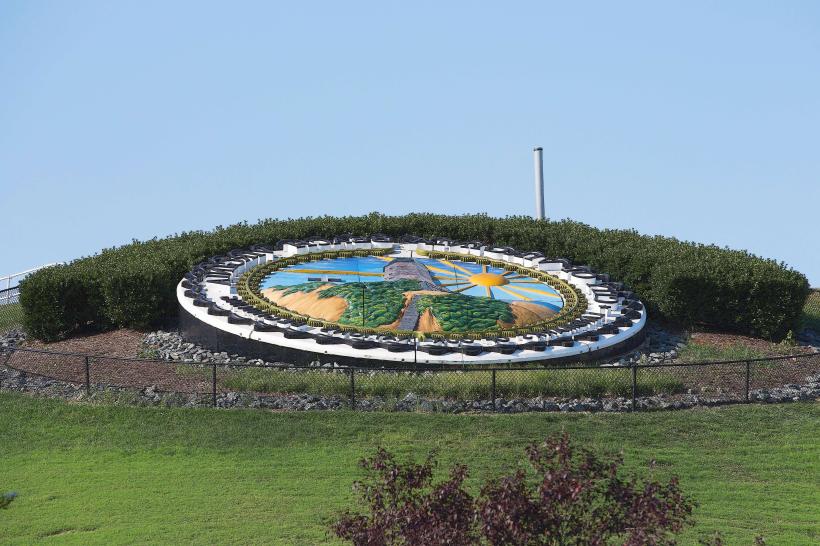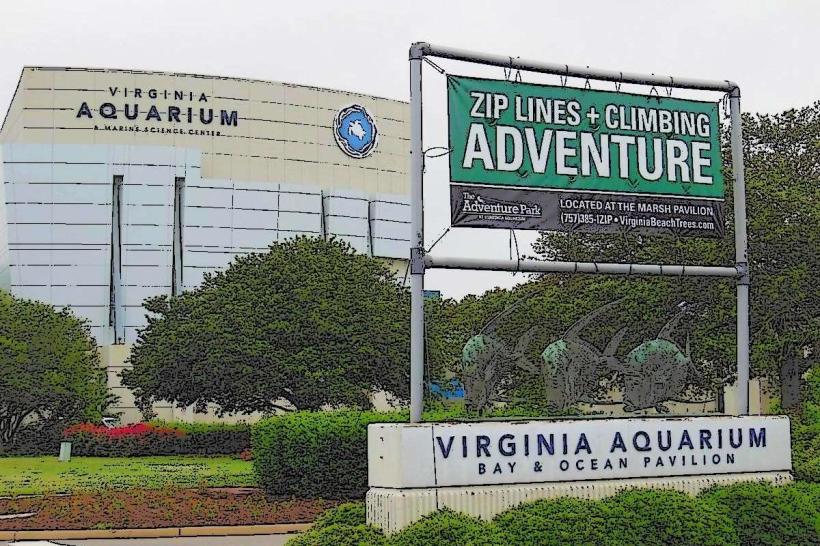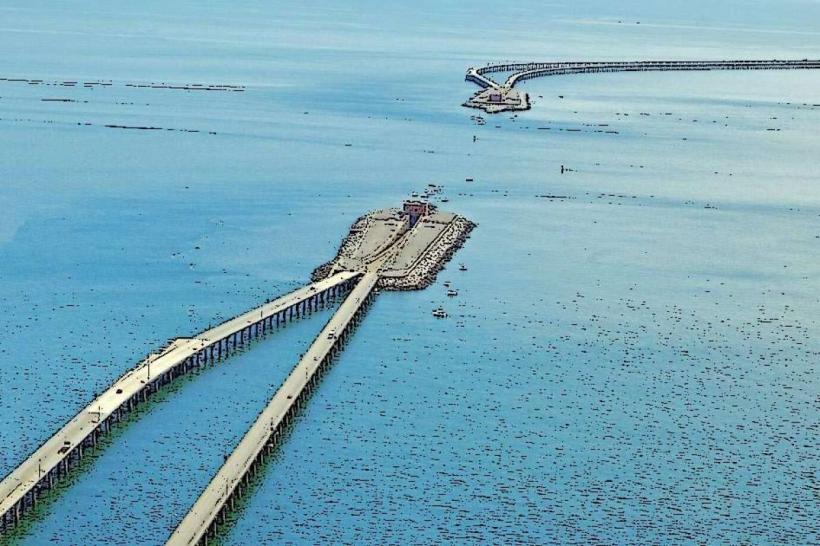Information
Landmark: False Cape State ParkCity: Virginia Beach
Country: USA Virginia
Continent: North America
False Cape State Park, Virginia Beach, USA Virginia, North America
False Cape State Park is a pristine, undeveloped natural preserve located on the southernmost tip of Virginia Beach, Virginia. Spanning over 4,300 acres, it represents one of the last relatively untouched coastal ecosystems along the Atlantic Coast, offering visitors a rare chance to experience a diverse array of habitats and wildlife in a largely undisturbed environment. Established in 1968, the park preserves maritime forests, freshwater and saltwater marshes, dunes, and sandy beaches, providing a vital sanctuary for both flora and fauna and a unique outdoor retreat far removed from urban development.
Access and Transportation
Access to False Cape State Park is intentionally limited to protect its delicate ecosystems and maintain its wild character. The park is not reachable by private motor vehicles; visitors must enter either by hiking, biking, or by boat, primarily via the adjacent Back Bay National Wildlife Refuge. The main access point is at the refuge’s visitor center on Sandpiper Road in Virginia Beach. This deliberate restriction reduces human impact, preserving the park's natural state and making visits feel more like true wilderness excursions. A tram service runs seasonally (from April through October) from the Back Bay refuge visitor center to the park, allowing visitors a guided, educational ride to the historic Wash Woods site, but this tram does not accommodate overnight campers or provide direct motorized access beyond that point.
Natural Features and Trails
False Cape offers approximately 7.5 miles of hiking and biking trails that weave through a mosaic of ecological communities. Visitors can explore maritime forests dense with live oaks and loblolly pines, salt marshes teeming with aquatic life, sandy dunes shaped by ocean winds, and the expansive beaches along the Atlantic Ocean. Among the popular trails is the Barbour Hill self-guided interpretive trail, where visitors can learn about the area’s unique natural history through educational signage.
The park’s landscape is dynamic and varied, creating ideal habitats for a wide range of species and presenting visitors with constantly changing scenery as they move from forest interiors to open wetlands and coastal shorelines.
Wildlife and Ecology
False Cape State Park is an ecological treasure trove, home to over 300 species of nesting and migratory birds, making it a hotspot for birdwatching enthusiasts. Species include songbirds, shorebirds, ducks, and a notable seasonal population of around 10,000 snow geese during migration periods. Beyond birds, the park supports mammals such as otters, white-tailed deer, and red foxes, alongside reptiles, amphibians, and marine turtles like the endangered loggerhead sea turtles that nest on the beaches.
The park’s relatively undisturbed environment also sustains a population of feral pigs and even wild horses, adding to its wilderness allure. This rich biodiversity makes the park an important site for conservation, ecological research, and environmental education.
Camping and Overnight Experiences
For visitors seeking a deeper connection with nature, False Cape offers primitive camping at 12 designated campsites scattered along both the ocean and bay sides of the park. These sites are accessible only by foot, bike, or boat, requiring campers to carry all necessary supplies, including water, food, and shelter. Water is only available at the Barbour Hill campsite area, so visitors camping elsewhere must be prepared to bring their own or hike to refill.
The camping experience at False Cape is designed to be low-impact and rustic, without modern amenities such as electricity or running water, allowing visitors to fully immerse themselves in the natural environment. Reservations are required well in advance through the Virginia Department of Conservation and Recreation and cannot be made on the same day.
Amenities and Visitor Services
Despite its remote and natural setting, the park provides basic visitor services to enhance the experience. There is a visitor/nature center at the entrance, offering educational displays about the park’s ecosystems and history. Picnic areas and restrooms are also available near the access point, supporting day visitors.
The park features kayak and canoe launch sites, making it accessible for paddlers who wish to explore its waterways. Additionally, wildlife viewing blinds allow visitors to observe animals discreetly in their habitats without causing disturbance. Interpretive programs and guided tours, offered seasonally, provide educational opportunities that highlight the natural and cultural significance of the park.
Environmental and Safety Considerations
False Cape State Park emphasizes environmental stewardship. Motorized vehicles are strictly prohibited within the park boundaries to minimize ecological disruption. Visitors are encouraged to practice Leave No Trace principles, which include packing out all trash, avoiding disturbance of wildlife, and respecting the fragile habitats.
Due to the park’s remote nature, cell phone reception is limited or nonexistent in many areas. Visitors should prepare accordingly by bringing sufficient supplies, including potable water, food, sun protection, insect repellent, and first aid materials. Weather conditions can change rapidly, and tides influence access to some areas, so careful planning is essential.
Seasonal Highlights
The park’s wildlife and plant life vary seasonally, with spring and fall being especially popular times for bird migration viewing and wildflower blooms. Summer offers opportunities to witness sea turtle nesting, while winter provides quieter, more solitary experiences of the coastal landscape.
The seasonal tram service from Back Bay provides a convenient way for many visitors to enjoy the park’s front areas during warmer months, facilitating access for those unable or unwilling to hike or bike the longer distances.
Overall Experience
False Cape State Park offers an unparalleled experience for visitors seeking solitude, natural beauty, and ecological richness. Its preservation of diverse coastal ecosystems, combined with limited access and minimal development, creates a true wilderness retreat. The park attracts hikers, bikers, bird watchers, campers, paddlers, and nature lovers who value the chance to connect with an intact natural environment rarely found on the busy Atlantic coast.
As one of Virginia’s most treasured natural areas, False Cape State Park serves as a vital refuge for wildlife and a living classroom that inspires appreciation and respect for the coastal landscape and its complex ecological web. Whether exploring its trails, observing wildlife, or camping under the stars, visitors to False Cape experience a rare and authentic coastal wilderness.

